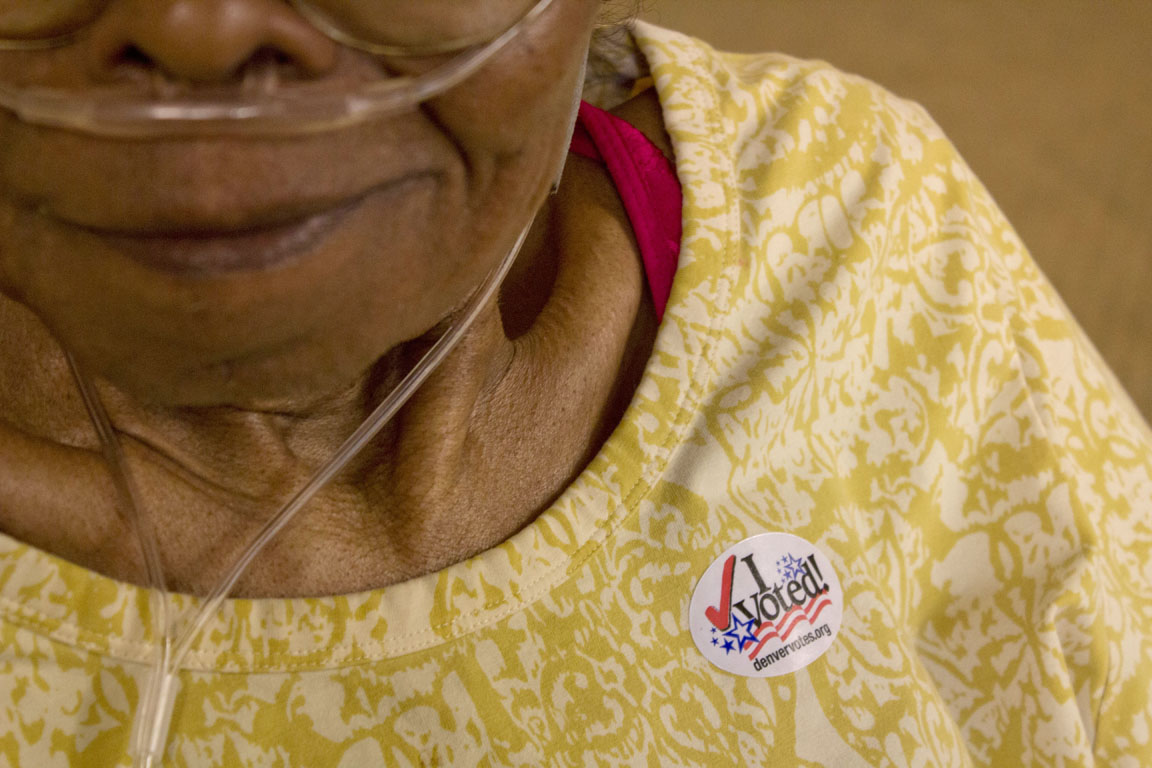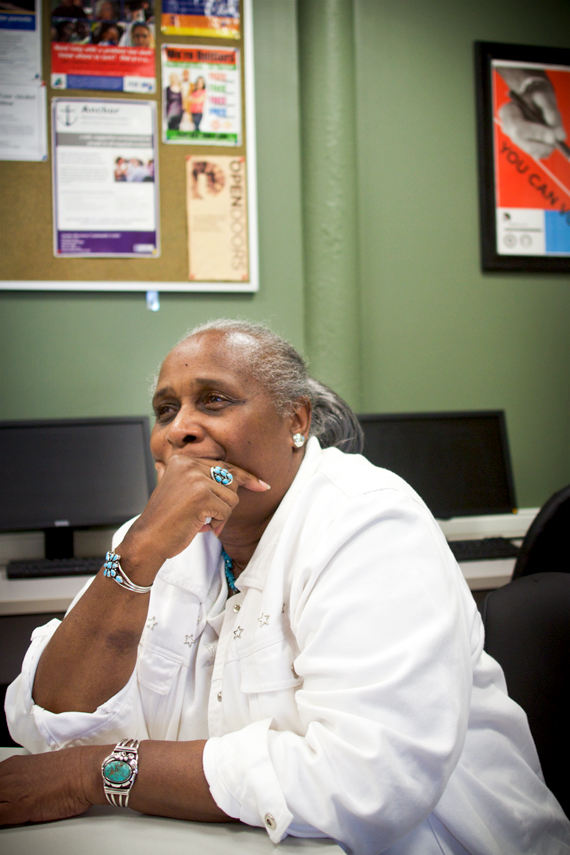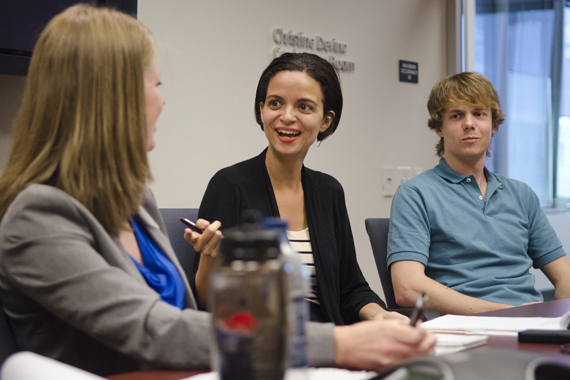Same-sex marriage is returning to the ballot in November, three years after Maine voters rejected the law. Election Day registration, which Maine voters restored last year, could increase turnout among same-sex marriage supporters. And with presidential candidates on the ballot, turnout for both sides is likely to be high.
Marriage rights passed in the spring of 2009 by the Democratic Maine Legislature and governor, then the law was rejected in November 2009 when 53 percent voted to repeal it. The People’s Veto repeated last November when voters restored Election Day registration, which the Republican-controlled Maine Legislature ended five months prior.
Republicans generally oppose Election Day registration, saying that it leaves elections vulnerable to error.
Election Day registration could mean higher turnout for same-sex marriage supporters, said Mike Tipping, a magazine blogger and communications director for the progressive grassroots organization that led the People’s Veto in 2011.
“I think it could affect the vote,” Tipping said. “I think that people who are registering for the first time might be more likely to be young, and might be more likely to support marriage rights.”
The 2011 election was the first in 38 years when Maine residents could not register and vote on Election Day. Sixty percent of the 400,000 who voted last November, supported Election Day registration. But the turnout to repeal same-sex marriage was greater, drawing 570,000 voters in 2009.
By Alex Remington, News21




